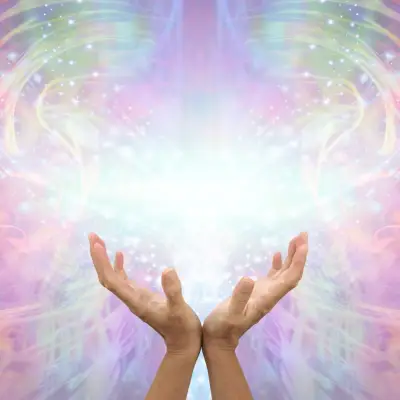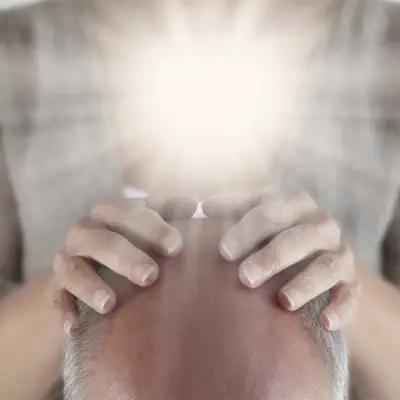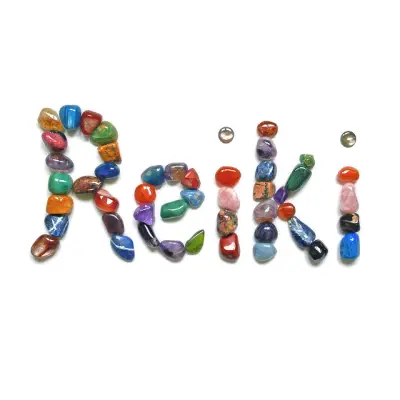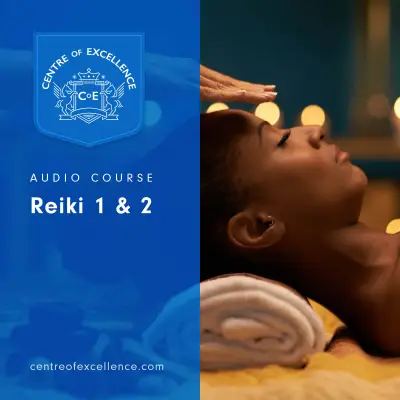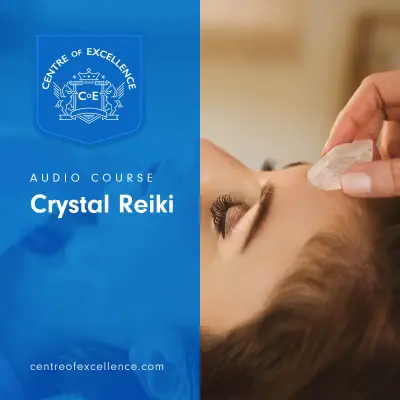If you’re reading this, you might be searching for ways to manage anxiety or depression. You’re not alone. Many people are exploring alternative therapies like Reiki to find relief. This blog post will explain what Reiki is, how it can help with anxiety and depression, and what to expect if you decide to try it.
Jump to:
What is Reiki?
Reiki is a form of energy healing that originated in Japan. The word “Reiki” comes from the Japanese words "rei" (universal) and "ki" (life energy). It’s based on the idea that a therapist can channel energy into you by placing their hands on or near your body. This energy flow is believed to promote healing, reduce stress, and improve your overall well-being.
Recommended for you!
Best SellersHow Does Reiki Help with Mental Health?
Reiki is increasingly recognised as a valuable complementary therapy for mental health. It works by balancing the body’s energy, which can help reduce symptoms of anxiety and depression. This energy-based practice involves a Reiki practitioner using specific hand placements to channel healing energy into the patient, promoting relaxation and emotional healing. Let's delve into how Reiki specifically helps with anxiety and depression.
Reiki and Anxiety
Anxiety can feel overwhelming and debilitating. It often manifests as a sense of impending doom, excessive worry, and physical symptoms like a racing heart or shortness of breath. Managing anxiety can be challenging, and many people seek alternative therapies like Reiki to find relief.
Reiki aims to balance the body’s energy and create a sense of calm. During a Reiki session, the practitioner uses specific hand placements to target areas associated with anxiety. These placements might be around the head, heart, and abdomen, where anxiety often causes tension and discomfort. By focusing on these areas, Reiki helps to calm the nervous system, making you feel more relaxed and centred.
The process of a Reiki session itself is deeply calming. The practitioner’s hands may be placed lightly on or just above the body, creating a gentle flow of energy. This flow can soothe the mind and body, reducing the intensity of anxious thoughts and feelings. Many people report feeling a deep sense of peace and relaxation during and after their sessions.
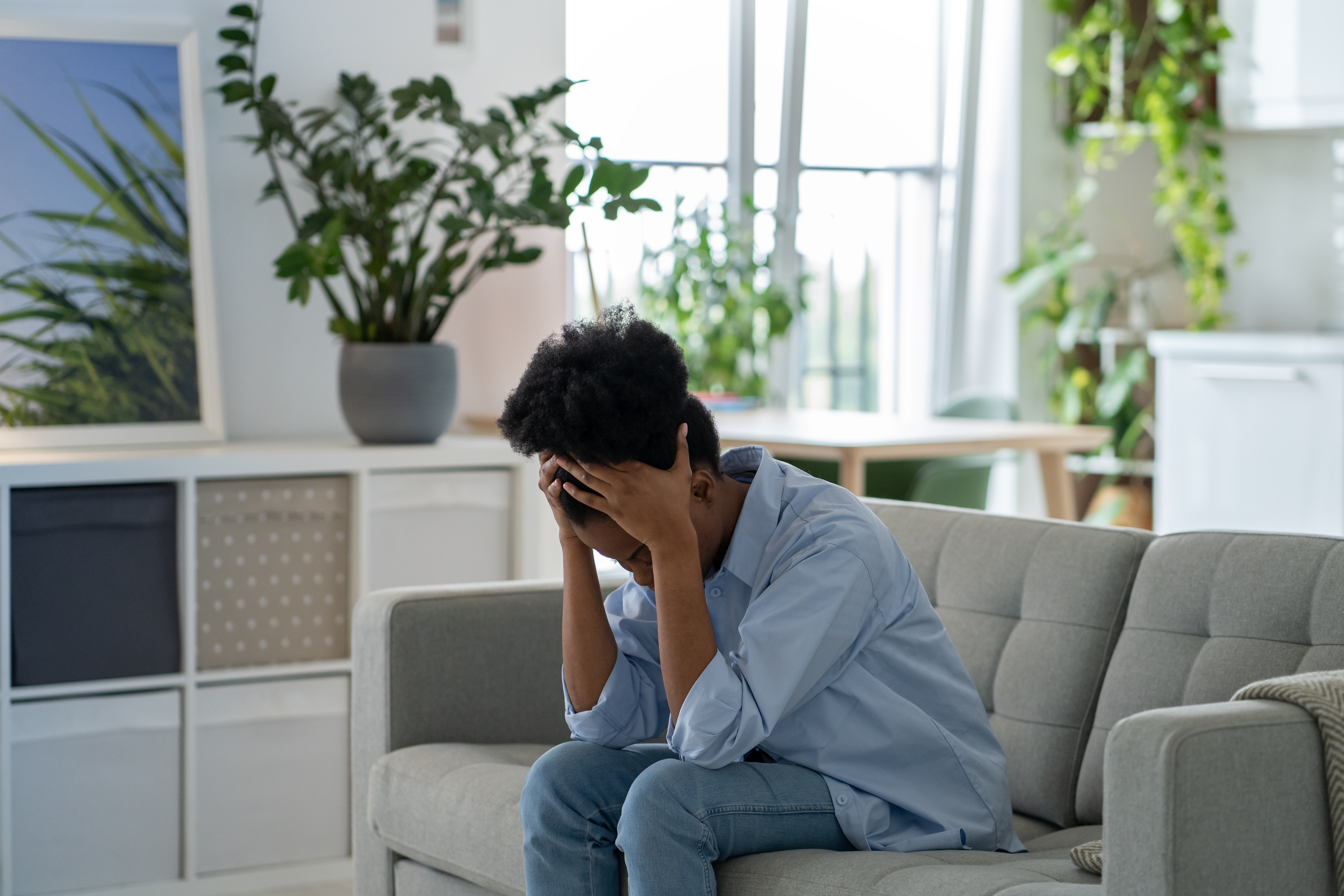
Reiki and Depression
Depression often leaves you feeling low in energy and disconnected from yourself and others. Symptoms can include persistent sadness, loss of interest in activities, changes in appetite or sleep patterns, and feelings of hopelessness. These symptoms can make everyday life feel incredibly difficult.
Reiki seeks to restore the flow of energy, which can help lift your mood and provide a sense of connection and support. The gentle touch or proximity of the practitioner’s hands can be soothing and comforting. This physical presence can help you feel less isolated and more supported.
During a Reiki session for depression, the practitioner might focus on areas such as the heart and solar plexus, which are believed to be associated with emotions and personal power. By enhancing the flow of energy in these areas, Reiki can help you feel more balanced and in tune with your emotions.
Reiki can also help release blocked energy that might be contributing to depression. This release can lead to emotional breakthroughs, helping you process and let go of negative feelings. Many people find that regular Reiki sessions help them feel more positive and connected, both to themselves and to the world around them.
What to Expect During a Reiki Session
Understanding what to expect during a Reiki session can help you feel more comfortable and prepared. Here's a step-by-step guide to walk you through the process:
1. Initial Conversation
At the beginning of the session, you will have a brief conversation with the practitioner. This is your opportunity to discuss your needs, concerns, and what you hope to achieve with Reiki. The practitioner might ask about your medical history, current emotional state, and any specific areas of discomfort or stress. This helps them tailor the session to your individual needs.
2. Preparation
After the initial conversation, you will be asked to lie down fully clothed on a comfortable table. The environment is typically quiet and serene, often with soft music playing in the background to promote relaxation. You might be given a blanket to ensure you are warm and comfortable. It’s important to wear loose, comfortable clothing to allow for complete relaxation during the session.
3. Beginning the Session
The practitioner will begin the session by centring themselves and focusing their energy. They might start with a few moments of quiet meditation or deep breathing to connect with the Reiki energy. You will be encouraged to close your eyes and take a few deep breaths to help you relax and open yourself to the healing process.
4. Hand Placements
The practitioner will use specific hand positions, known as Reiki points, to focus the healing energy. These points are often located on the head, shoulders, stomach, and feet. The hands can be placed directly on your body or held just above it, depending on your comfort level and the practitioner’s style. Each hand position is typically held for several minutes, allowing the energy to flow and address specific areas of concern.
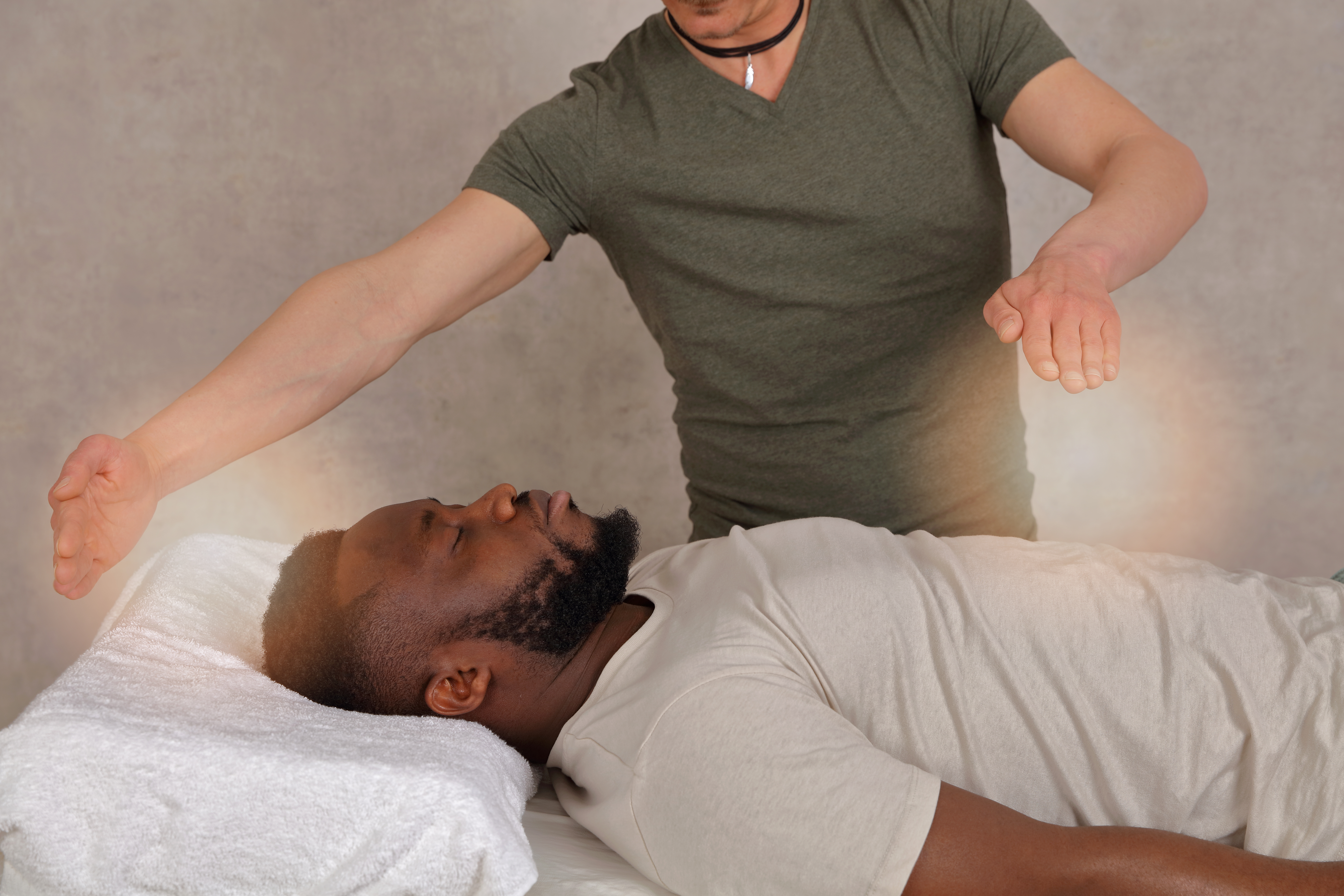
5. Incorporating Massage Techniques
Some practitioners may also incorporate gentle massage techniques to enhance relaxation and further encourage the flow of energy. This can include light, soothing touches or gentle pressure on certain points of the body. These techniques can help release tension and promote a deeper sense of relaxation.
6. Reiki Timers
Sessions typically last between 30 to 60 minutes. The practitioner may use a timer to ensure each hand position is held for an appropriate amount of time. This helps to maintain the flow of energy and ensures a balanced treatment. The timed approach ensures that no area is overlooked and that the energy work is evenly distributed throughout the session.
7. During the Session:
Reiki sessions are usually quiet to allow for deep relaxation and introspection. However, you have the option to talk during the session if you feel the need to communicate with the practitioner. Some people prefer to discuss their sensations and experiences, while others enjoy the silence. It’s entirely up to you and can be adjusted based on your preferences.
8. Ending the Session:
At the end of the session, the practitioner will gently bring you back to full awareness. They might slowly lift their hands away and allow you a few moments to reorient yourself. You’ll be encouraged to take your time getting up and might be offered a glass of water to help ground yourself.
9. Post-Session Discussion:
After the session, there may be a brief discussion where you can share your experiences and any sensations you felt during the session. The practitioner might provide insights or suggestions for further treatments and self-care practices to continue the healing process.
How Many Reiki Sessions Are Needed for Anxiety?
The number of Reiki sessions needed can vary depending on the individual. Some people may feel better after just one session, while others might need multiple sessions to see significant improvement. It’s often recommended to start with a series of four to six sessions and then assess how you feel.
When Should Reiki Not Be Used?
While Reiki is generally considered safe, there are times when it might not be appropriate. For example, if you have a serious medical condition, it’s important to consult with your doctor before starting Reiki. Reiki should not be used as a substitute for professional medical treatment but rather as a complementary therapy.
Recommended for you!
Best SellersFrequently Asked Questions About Reiki for Anxiety and Depression
What Are the Risks of Reiki?
Reiki is generally considered safe, with minimal risks. Some people might experience mild emotional release or fatigue after a session, but these effects are typically short-lived. Always ensure you are seeing a qualified practitioner.
How Long Does Reiki Take to Work?
The time it takes for Reiki to work can vary from person to person. Some may feel immediate benefits, while for others, it may take a few sessions. Patience and an open mind are key to experiencing the full benefits of Reiki.
Do You Talk During Reiki?
During a Reiki session, you can choose to talk or remain silent. Most sessions are quiet to promote relaxation, but you can discuss your needs with your practitioner beforehand. Communication helps tailor the session to your comfort level.
What is the Reiki Symbol for Anxiety and Depression?
The Sei He Ki symbol is commonly used in Reiki to address anxiety and depression. It is believed to balance emotional and mental energy, helping to restore harmony and peace within the individual.
What Should I Wear to a Reiki Session?
Wear comfortable, loose-fitting clothing to a Reiki session. You will remain fully clothed, and it’s important to be comfortable to fully relax during the session.
Can Reiki Replace Traditional Medical Treatments?
Reiki should not replace traditional medical treatments. It is a complementary therapy meant to be used alongside conventional treatments to enhance overall well-being. Always consult with your healthcare provider before starting any new therapy.
Is Reiki Suitable for Everyone?
Reiki is generally suitable for most people. However, if you have specific medical conditions or concerns, it’s important to discuss them with your practitioner and healthcare provider to ensure it’s safe for you.
How Do I Find a Qualified Reiki Practitioner?
To find a qualified Reiki practitioner, look for someone with proper training and certification. You can ask for recommendations, check online reviews, and ensure the practitioner is experienced in treating anxiety and depression.
What Can I Expect After a Reiki Session?
After a Reiki session, you might feel relaxed, peaceful, and more balanced. Some people experience emotional release or feel tired, which are normal responses. It’s important to drink plenty of water and rest if needed after your session.
How Do I Prepare for a Reiki Session?
To prepare for a Reiki session, try to arrive with an open mind and a willingness to relax. It can be helpful to avoid heavy meals and alcohol beforehand. Communicate any specific concerns or goals with your practitioner at the start of the session.
Can Reiki Help with Sleep Issues Related to Anxiety and Depression?
Reiki can help improve sleep by reducing stress and promoting relaxation. Many people find that regular Reiki sessions lead to better sleep patterns and a more restful night’s sleep.
Does Reiki Calm the Nervous System?
Reiki can help calm the nervous system. By promoting relaxation and reducing stress, Reiki can have a positive effect on the autonomic nervous system, which controls your body’s fight-or-flight response. This can lead to a feeling of calm and relaxation.
Study Reiki I & II for £29
If you’re interested in learning more about Reiki and how it can help with anxiety and depression, consider enrolling in the Reiki Diploma Course at Centre of Excellence. This course is designed for all levels and offers in-depth knowledge and practical skills. As a special offer, you can get the course for a discounted price of £29, saving you over £100!

